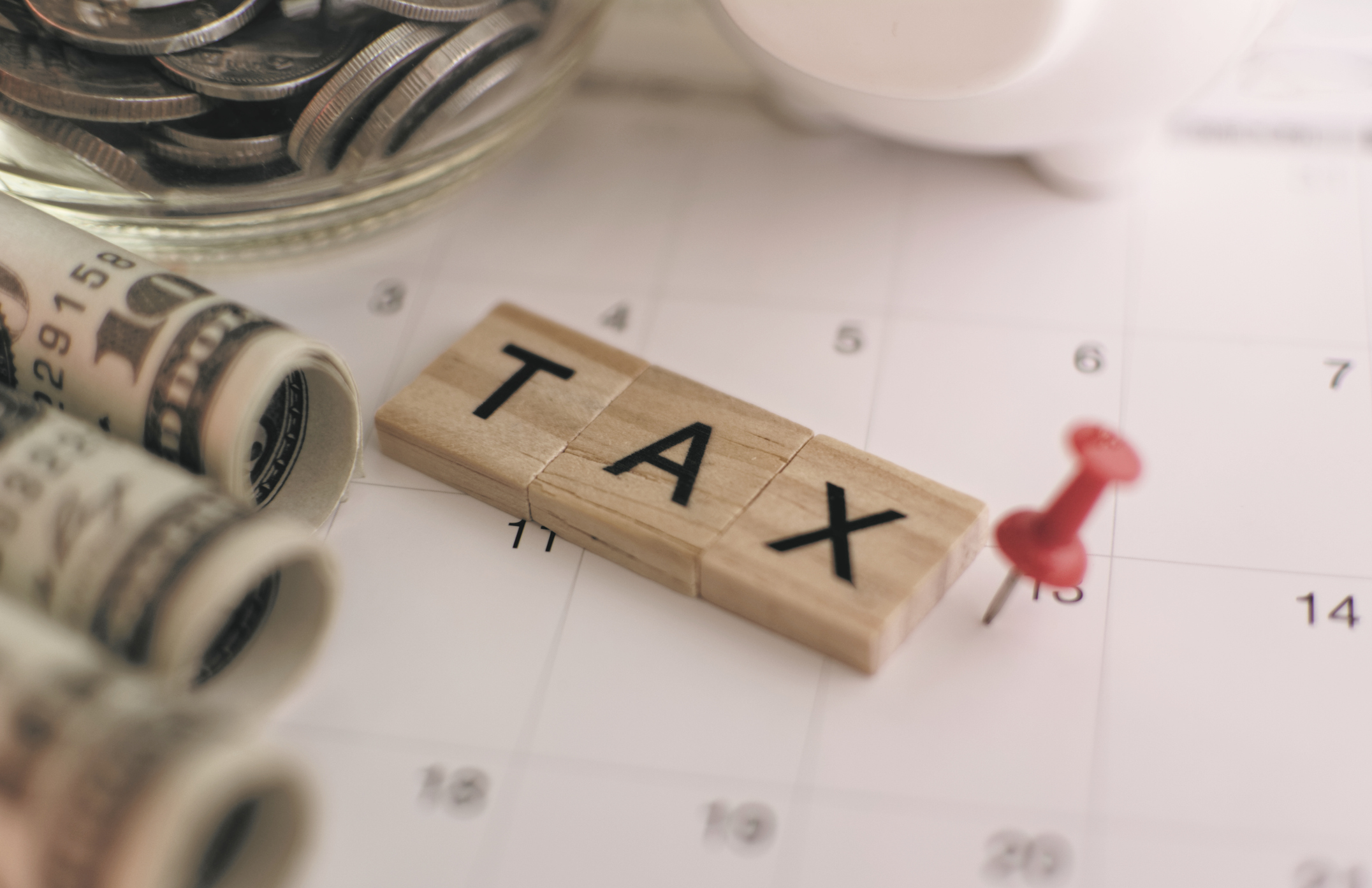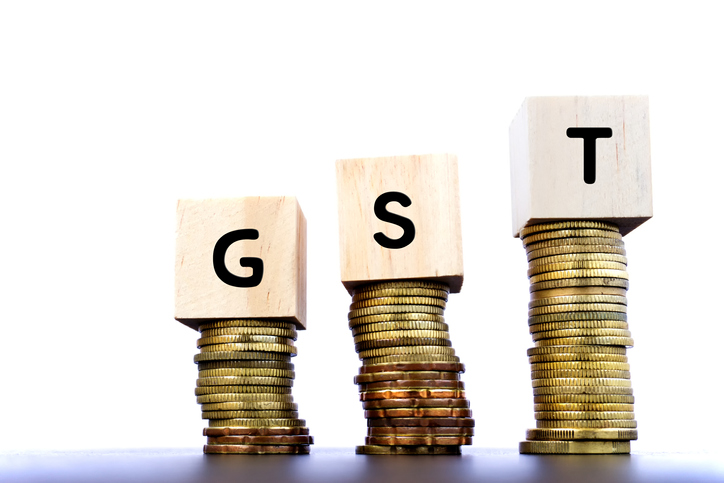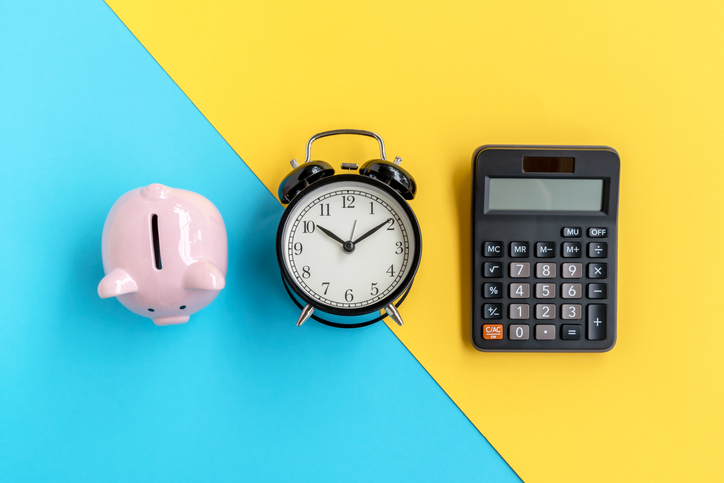Few people have enough talent and drive to start their own business, and it’s even more rare that one of those individuals would also know the ins and outs of the Australian taxation system.
Fortunately, to start a small business the owners only really need to know a few basics, and can hand the rest over to a talented accountant or bookkeeper.
Here’s your guide to what you must know about Australian tax when starting a small business.

Determine your company tax rate
Your company will pay tax on its assessable income – essentially any income it receives from sales, but also including other areas that might make a profit such as rent or interest.
For most small businesses, this tax rate will be 27.5%. This is the federal rate for ‘base rate entities’, which are companies that have an aggregated turnover of less than $50 million for the tax year.
You will pay this tax annually at tax time, so you will need to set aside 27.5% of your income from every profit you make in order to have enough to pay the annual tax. Of course, you will likely be able to claim deductions from your tax rate for expenses required to run your business, so speak to your accountant about the best amount to set aside for your business.
You can learn more about company tax here.
Don’t forget about small business entity concessions
If your small business turns over less than $10 million per year, you may be eligible for certain concessions.
For example, deductions are available for those starting a small business, which includes the costs of professional, legal, and accounting advice, and government fees and charges.
A good accountant will help you to determine exactly which concessions you are eligible for, including a deduction for their own fees!
Explore all of the small business entity concessions available here.
Get familiar with GST
You have paid a goods and services tax (GST) all your life on goods and services you have purchased from businesses, and now the tables turn as you will likely be required to charge it.
Most goods and services sold in Australia include this 10% tax, and as a small business owner, you will be required to charge GST to your customers and pay it to the Australian Taxation Office each year.
You must register for GST if your business income is over $75,000 per year (or you think it will be), or if you provide any kind of taxi service to paying customers. Even if you don’t tick either of these boxes, you can still register if you wish to claim GST credits.
You can register for GST with the ATO here.

Learn about PAYG
PAYG stands for pay-as-you-go, and it is a tax that you will need to learn about should you employ staff, pay contractors, or send payments to companies that don’t provide their Australian Business Number. It is your responsibility to automatically take deductions from these payments to help those parties meet their end-of-year tax liabilities.
You can register for PAYG here, which you must do before making a PAYG payment.
Be aware of the types of tax
Company tax and GST are just two of the main types of taxes you will be paying as a small business. It’s important to know about any others that may apply to your business as well so you aren’t caught out at tax time.
These could include:
- Capital Gains Tax (CGT): A tax on any gain made through the disposal of assets
- Payroll tax: A tax on the wages you pay to employees
- Property tax: A tax on any properties your company owns (determined at a state level)
- International tax: A tax on worldwide income, also applicable to non-residents
See more potential tax types that could affect your business here.
Note down the four BAS dates
Your BAS is your Business Activity Statement, and it is all of your GST, PAYG, and other taxes rolled into one regular payment to the ATO. For businesses with a turnover of less than $20 million, you must pay it quarterly on the following dates.
- 28 April: Your BAS for January to March
- 28 July: Your BAS for April to June
- 28 October: Your BAS for July to September
- 28 February: Your BAS for October to December
Your accountant or BAS agent will help you to lodge these payments online.
Learn more about BAS and making payments here.

Keep the appropriate documentation and records
The rule of thumb is to keep all records and documents relating to any and all money coming in or going out.
Even if you don’t keep a close eye on every statement, having everything on hand will help your accountant to sort through it all and finalize your tax each year. You can keep these documents in physical form, on a private computer, or on a server such as the cloud, but it is strongly advised that you have backups on hand in case of emergencies, and a clear and structured system to keep it all organized.
Plus, having easy access to your financial statements and documents may be useful if you wish to apply for a small business loan.
Read more about responsible record keeping here.
Make the most of Small Business Assist
Small Business Assist is a brand of the Australian Taxation Office set up purely to provide small businesses with assistance and guidance in tax matters.
Make the most of this free tool to help you ensure you meet your tax responsibilities and those of your company and employees each year.
Tax might be tricky, but staying on top of your online presence doesn’t have to be. White Pages Connect is a single tool that helps to ensure your customers can find you online, lets you update your business details across multiple platforms at once, lets you track your performance, and more.


